iPhone 11 vs. iPhone 12: Why It Doesn't Pay to Wait
If you need a new phone, don't wait until next year.
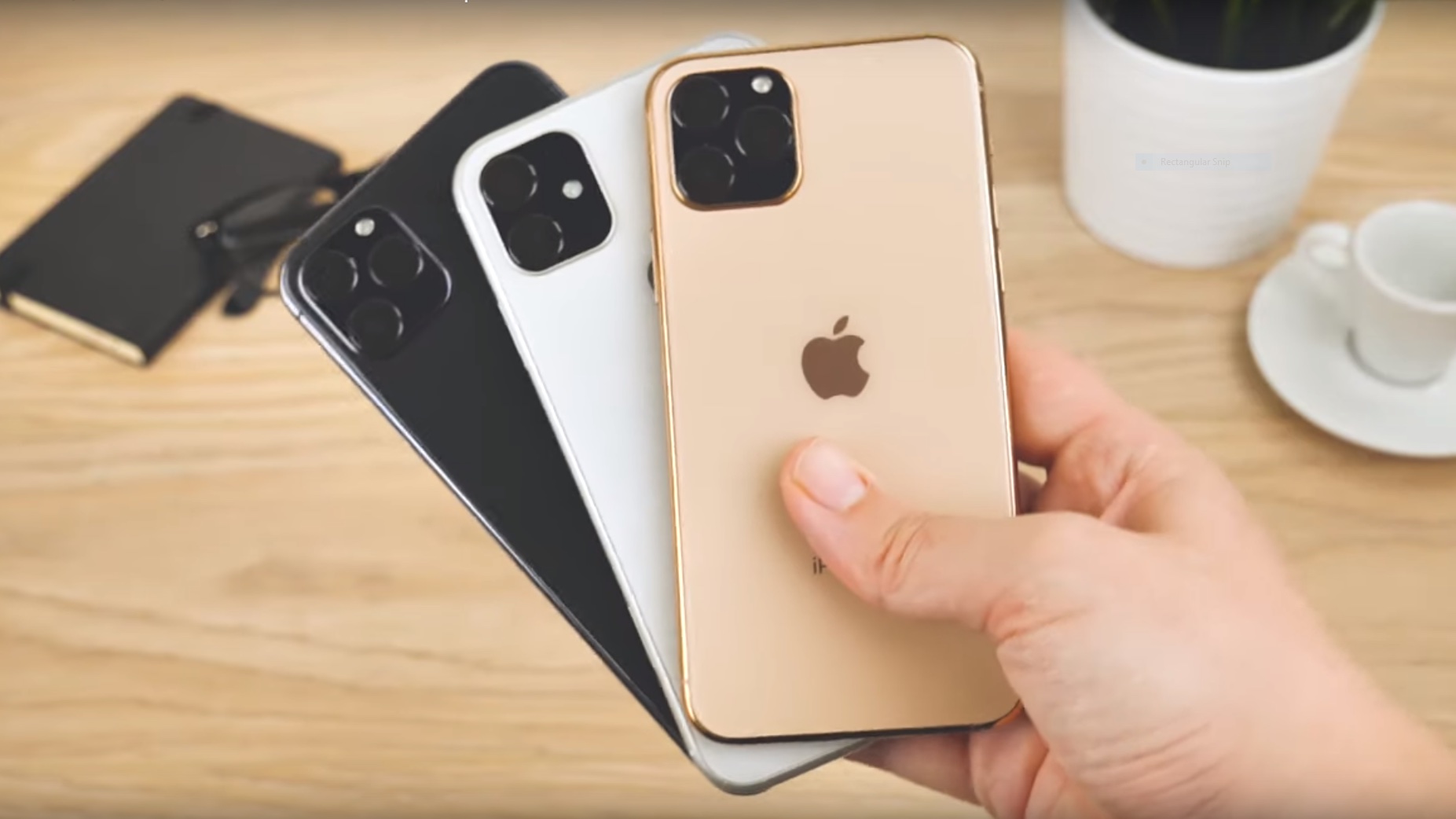
We may be less than a month away from the debut of the iPhone 11, but that's not the Apple handset that seems to have tongues wagging. Oh, sure; it's easy to find rumors about the upcoming iPhone, which looks to be a modest upgrade from last year's iPhone XS, iPhone XS Max and iPhone XR releases. But you'll hear just as much chatter about what Apple's planning for 2020 with the iPhone 12.
That's the iPhone that will offer 5G connectivity, if you believe the rumor sites. And it's going to add a time-of-flight sensor alongside the phone's many rear cameras. A bunch of other features will supposedly grace the iPhone 12, too — from OLED panels on every model to the disappearance of the divisive notch. In fact, the iPhone 12 looks to be such a departure from the current models, some people have even advised skipping this year's still-not-even-announced iPhone 11 in anticipation of a bigger, bolder iPhone release in 2020.
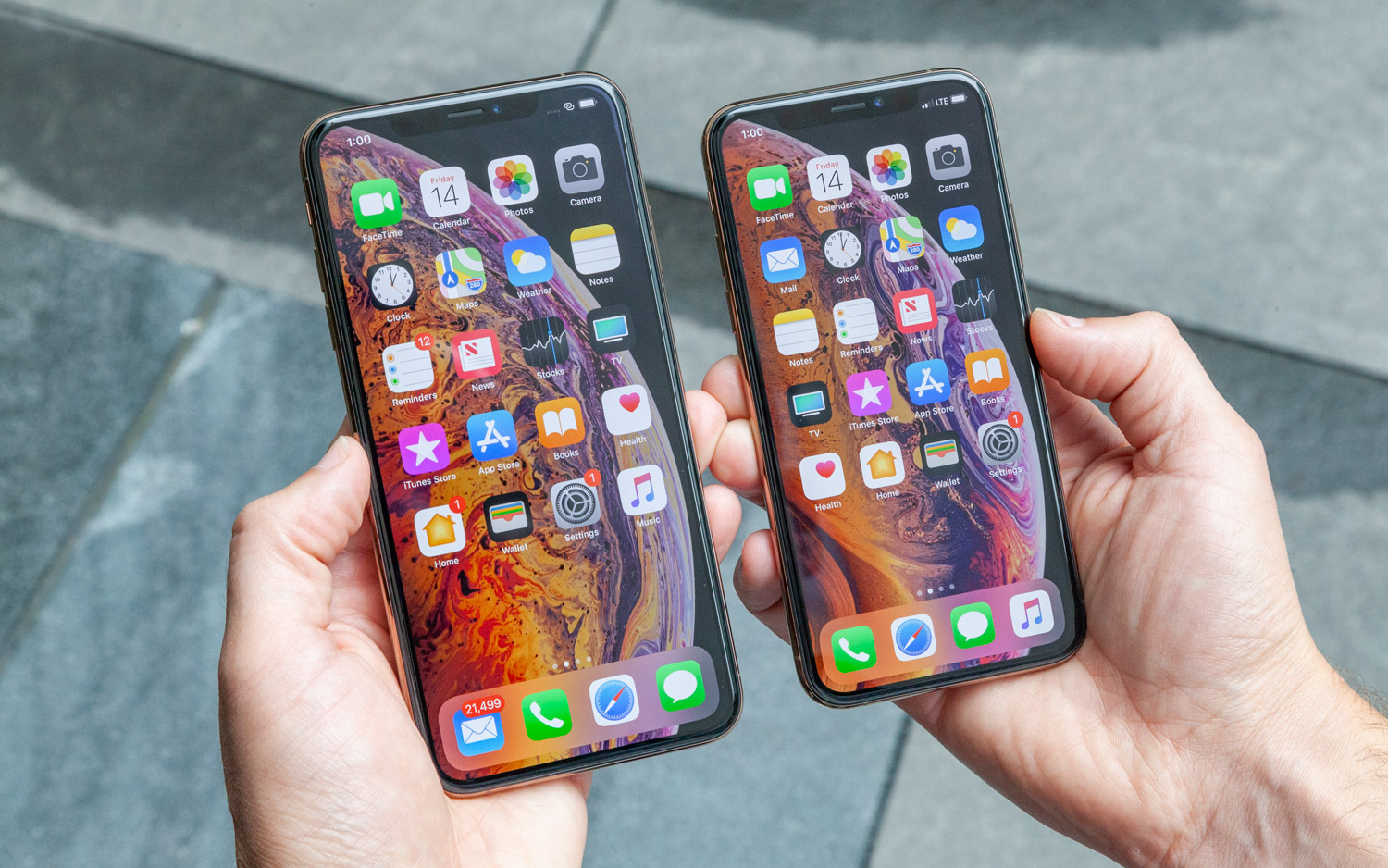
And with all due respect to those folks, that's crazy talk.
There are certainly times to hold off on a smartphone purchase. Right now, with a Sept. 10 debut date for the iPhone 11 all but confirmed, it would be a bad time to mash the buy button on a new iPhone. Hold out a few weeks, and you can see if the iPhone 11 really does meet your needs. And if it doesn't, the iPhone models you'd buy today will likely be cheaper as the newer versions hit retail shelves.
But holding off on getting a new phone for more than a year just because you've heard that what's coming after what's coming next will likely be better — that's not advice I can get behind. "Buy on the rumor, sell on the news" is a decent strategy when it comes to trading stocks, but it's no way to plan a smartphone purchase.
If you're in the market for a phone right now, and the iPhone 11 that Apple trots out in September ticks enough boxes on your wish list, there's absolutely no need to wait until something better comes along in 2020. Here's why you shouldn't postpone your iPhone purchase until next year, even with all the advances that are reportedly headed to the iPhone 12.
You can wait for 5G
5G's faster download speeds are certainly impressive. But it's not the killer feature that should drive your phone-buying decisions at this point. And I don't think that's likely to change in a year's time.
Get instant access to breaking news, the hottest reviews, great deals and helpful tips.
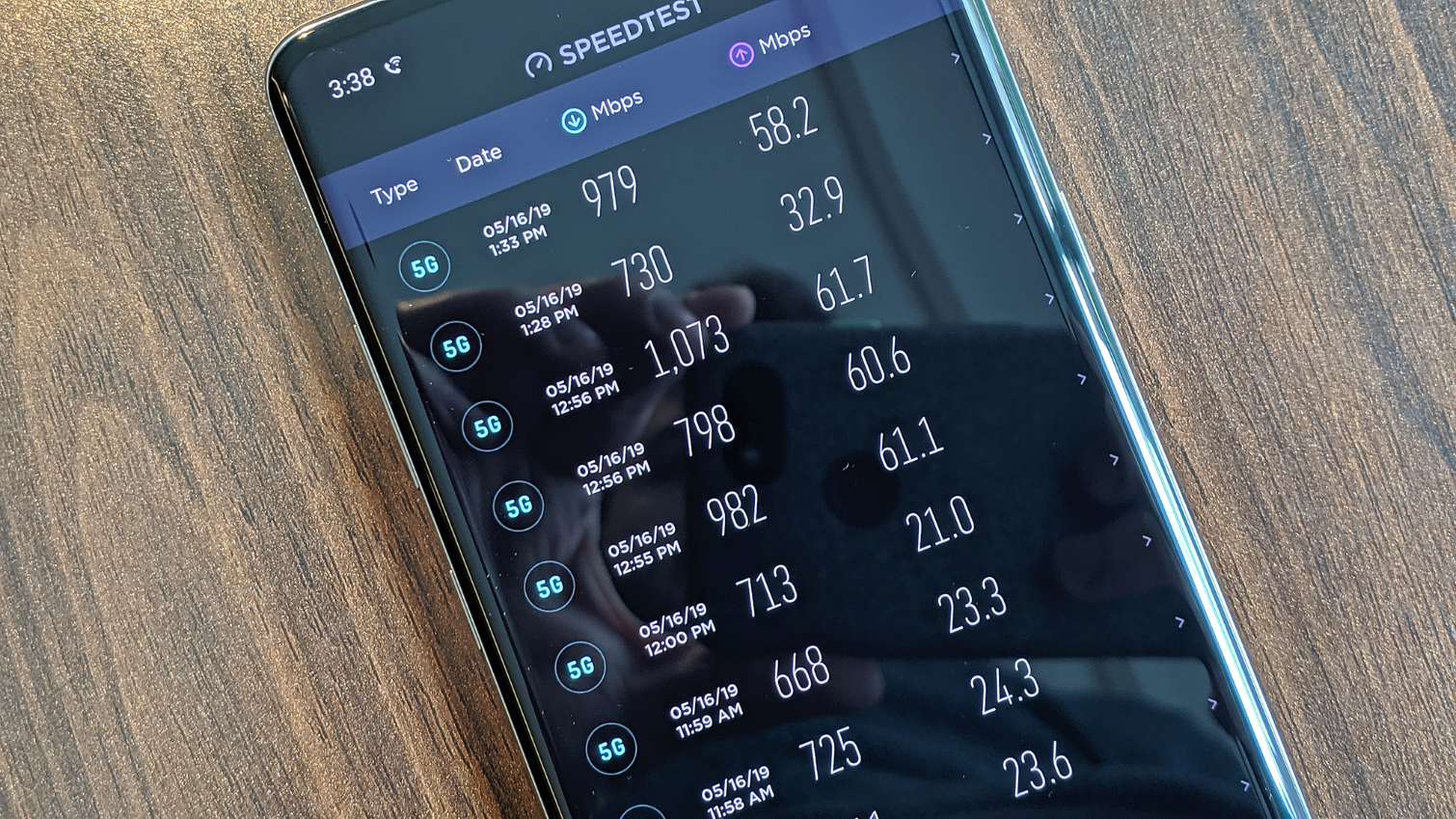
Consider that, right now, the four big carriers in the U.S. have brought 5G service to only a handful of cities. And even that's misleading, as it really only means select areas within those cities, as opposed to the widespread LTE coverage most of us currently enjoy. Each carrier plans to turn on 5G coverage in more cities by the end of 2019 while continuing to build out those networks next year, but it remains to be seen just how extensive those 5G networks will be 12 months from now.
MORE: What Is 5G? The Definitive Guide to the 5G Network Rollout
Even if you do wind up living somewhere that has reliable and extensive 5G service by the time the iPhone 12 debuts, what did you really give up if you bought an iPhone 11 in 2019? You'll miss out on some improved download speeds, and downloading movies and TV shows to your phone will take considerably longer. That's an inconvenience, certainly, but not a showstopper unless you continually download stuff off of Netflix. (In which case, can we switch lives? Because yours sounds more carefree than mine.)
At the risk of repeating something I've said a lot during the hype over 5G, the benefits of this faster network will emerge over time — not appear instantaneously the moment your wireless carrier of choice throws a switch. 5G's benefits will be just as apparent if you buy an LTE phone this year and upgrade to a 5G model in 2021 than if you cling to your aging phone this year in the hope of getting a 5G-ready iPhone next year. And the price of 5G-enabled devices figures to fall over time.
AR: Better apps to come
The other big feature reportedly headed to the iPhone 12 is a time-of-flight sensor, which will join the array of cameras on the back of Apple's phone. That kind of sensor will lead to improved bokeh effects when you take a portrait shot with the iPhone 12's camera. But it's also likely to support new and improved augmented-reality apps that expand what you can do with your iPhone. This rumor squares with Apple's very bullish public comments about the possibilities for AR.
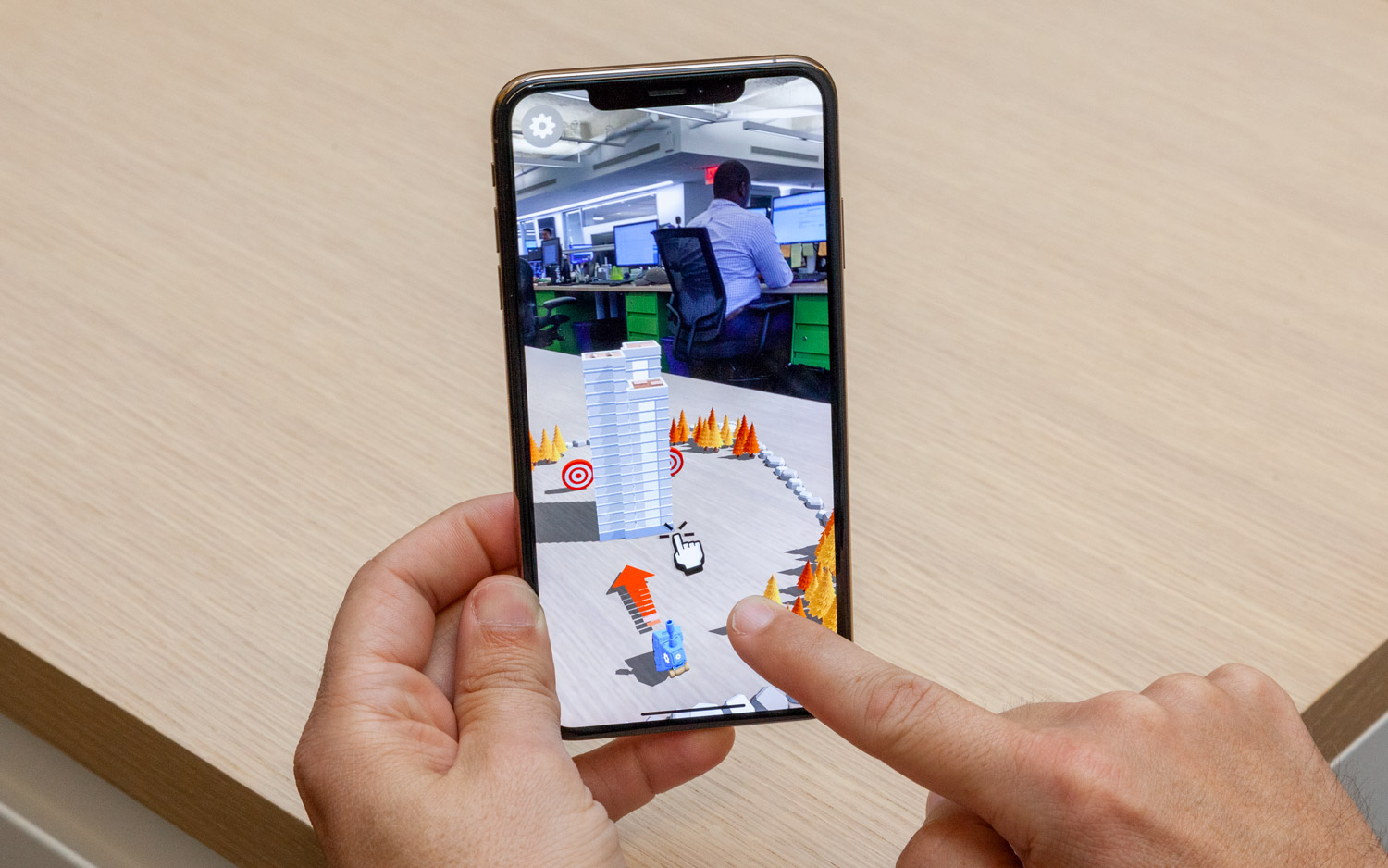
But this strikes me as a chicken-and-egg conundrum. To build the kind of apps that would take advantage of that time-of-flight sensor, app makers are going to need access to a device featuring that time-of-flight sensor. Put another way, we can probably expect some really impressive AR apps, but only after developers get their hands on the iPhone 12. When that phone launches in 2020, the kinds of available apps are likely to be similar to the ones you can enjoy right now. That doesn't sound like much of a reason to punt on a smartphone upgrade to me.
Are the other rumored features must-haves?
Look what else is being forecast for the iPhone 12. They certainly sound like welcome changes, but not the kind of things that would stop potential upgraders in their tracks this year.
All three iPhone models in 2020 are expected to have OLED screens. That's a welcome change to Apple's iPhone lineup, but if you really care that much about OLED, the iPhone XS and XS Max successors, due out in September, are going to have those panels. You've got options now.
The iPhone 12 will supposedly kill the notch, which a segment of iPhone fans would certainly welcome. But even if you take that rumor at face value, it only claims that 2020 might see a notch-free version of the iPhone; 2021 is a more likely time frame. That seems like an awful long time to wait, if you ask me.
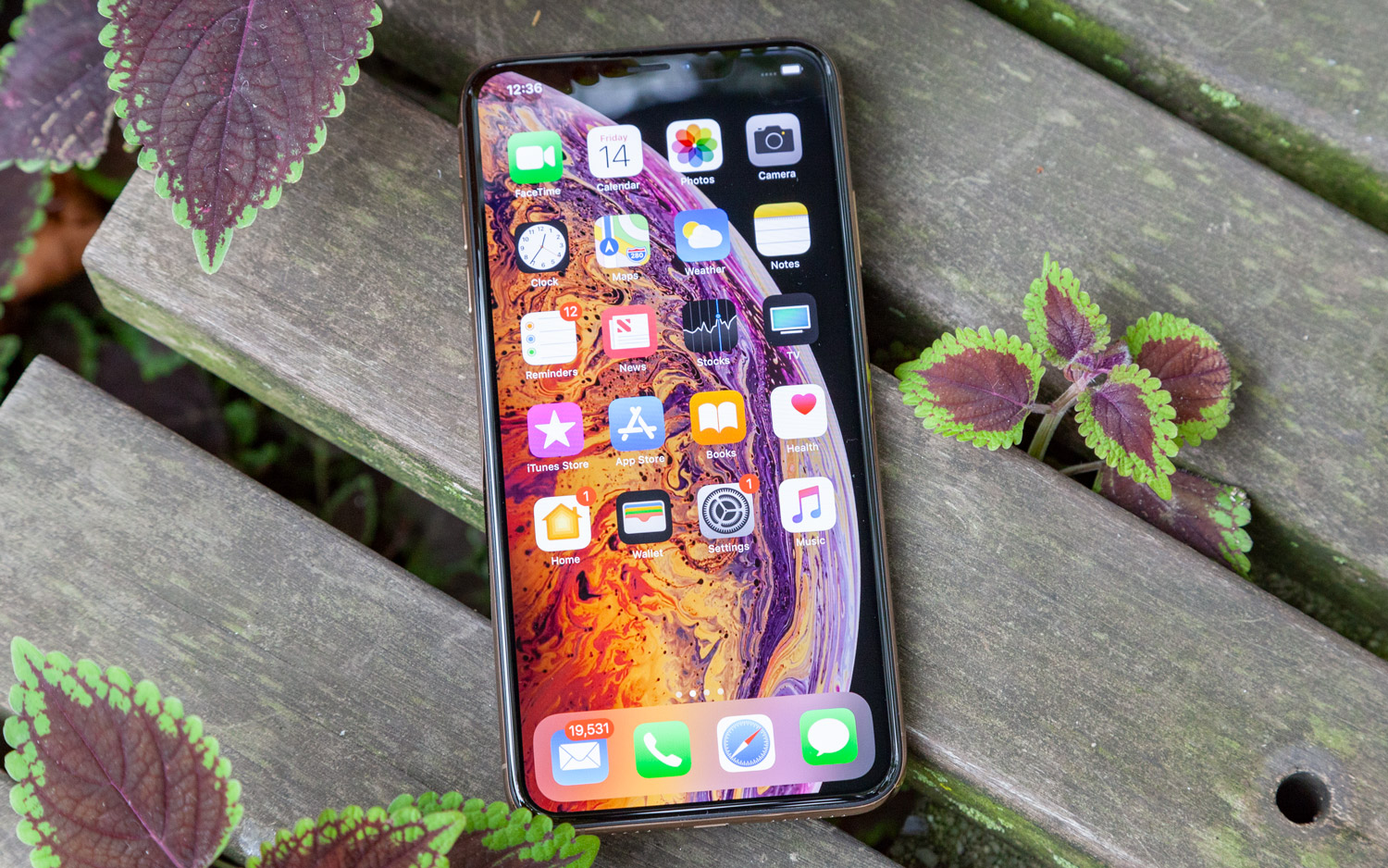
One of the most intriguing rumors about the iPhone 12 is that it will feature a display with a 120-Hz refresh rate, which would mean unbelievably smooth scrolling. (For context, the OnePlus 7 Pro offers a 90-Hz refresh rate, and it really improves the overall experience.) But as enticing as that sounds, it's a nice-to-have feature, not a must-have — and certainly not a must-wait.
And yes, the iPhone 12 will feature a better processor than the iPhone 11, just like this year's phone will feature a better processor than the one powering the iPhone XS and company. Processors get faster and more power-efficient with each iteration. If you keep postponing iPhone purchases because you're afraid that a future mobile processor is going to outperform the chipset in the phone you're going to buy, well, I hope you continue to be happy with your iPhone 4.
You don't have to wait
Even if these arguments don't convince you, in this day and age, trying to decide between getting a phone this year or biding your time for another 12 months is a false dilemma: Early-upgrade programs and other incentives encourage you to swap out your handset as often as you'd like.
MORE: Best Smartphones Available Now
Take Apple's iPhone Upgrade Program, for example, where you pay off your phone in installments. After 12 payments, you're eligible to switch to a new iPhone and start your payment plan all over again. Apple even folds in the cost of its AppleCare+ extended warranty, which I would recommend getting anyhow for something as valuable as an iPhone. Buy your iPhone 11 through Apple's Upgrade Program, and should the iPhone 12 strike your fancy in 2020, upgrading will be a painless decision.
The bottom line is this: The right time to buy a smartphone — any smartphone, not just Apple's — is when you need a new phone. If that time is now and the iPhone 11 fits your needs, don't let anyone tell you to wait.
Philip Michaels is a Managing Editor at Tom's Guide. He's been covering personal technology since 1999 and was in the building when Steve Jobs showed off the iPhone for the first time. He's been evaluating smartphones since that first iPhone debuted in 2007, and he's been following phone carriers and smartphone plans since 2015. He has strong opinions about Apple, the Oakland Athletics, old movies and proper butchery techniques. Follow him at @PhilipMichaels.
 Club Benefits
Club Benefits






